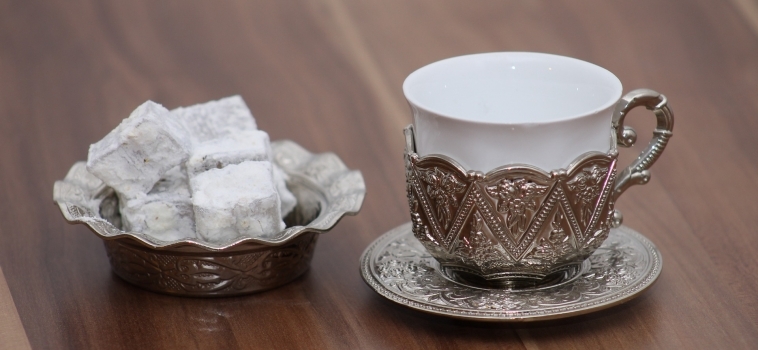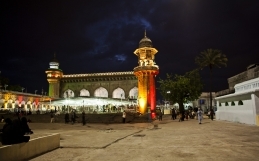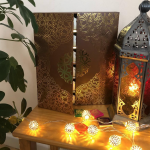Isn’t it ironic that Ramadan, a grand season bestowed upon us by the mercy of Allah to multiply good deeds, forgive our sins and increase our reward through a special act of worship – ‘Fasting’ has become a season of celebration to multiply our meals, spend hours in the kitchen and increase our weight, all through a disliked act in Islam – Feasting until full to bursting!?
A study in Saudi Arabia examining the issue has reported 1 in 5 people acknowledge an increase in expenditure during Ramadan while a whopping 60% of the people report weight gain during Ramadan. And there’s plenty of anecdotal evidence to support this fact. A problem acknowledged by all our Muslim brothers and sisters in the wealthy countries.
This alarming situation which is everything against the very spirit of this blessed month, indicates timely needed shift in perspective about the goal of this month, educating ourselves with the right knowledge of how Allah wants us to spend this month and how the pious predecessors before us did it, and then a life-style and dietary modification.
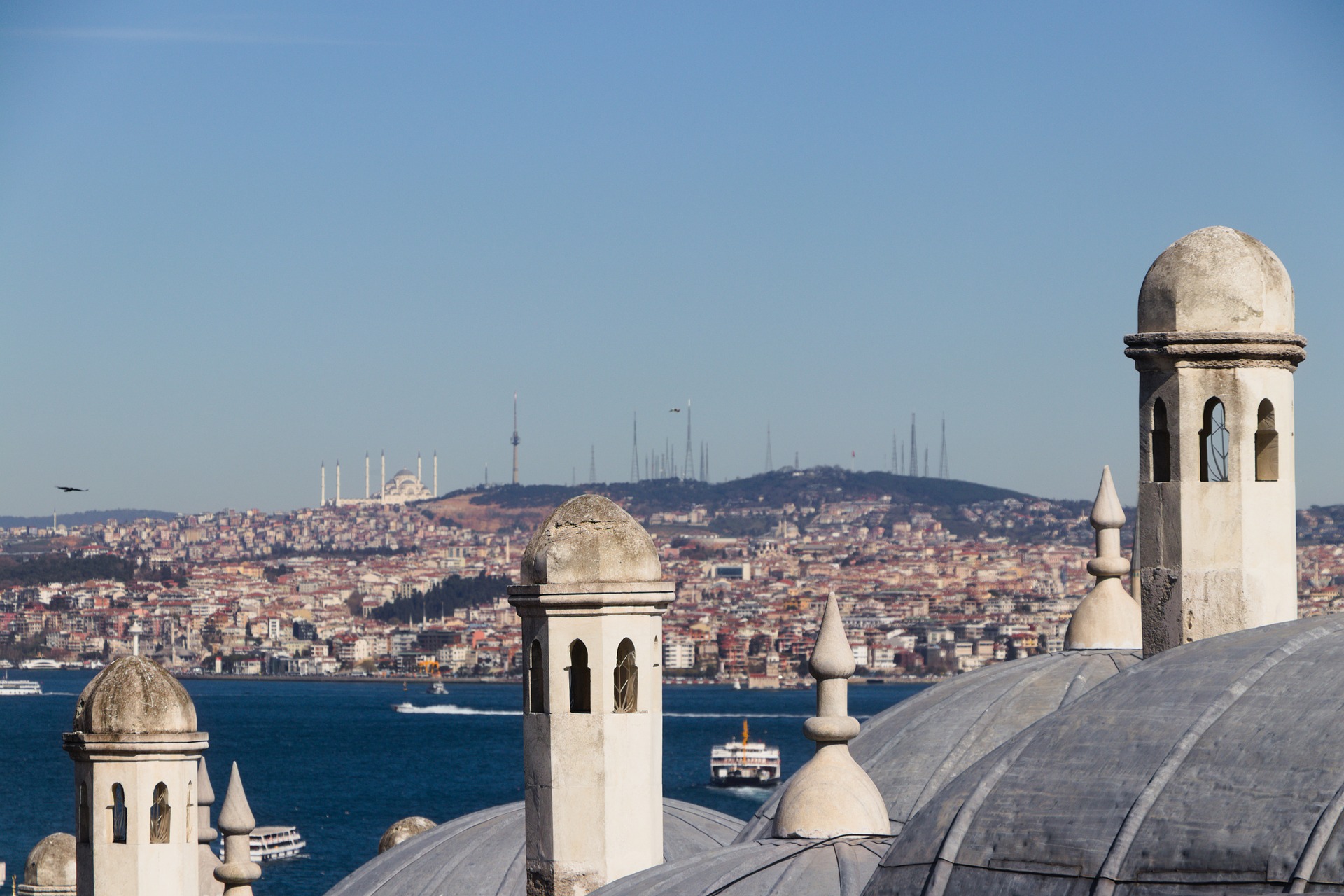
Ramadan is worship, Eid is celebration.
This is the first principle that we need to internalize.
“The month of Ramadan (is the month) in which the Qur’an has been sent down as guidance for mankind containing clear signs which lead (to the straight road) and distinguishing (the truth from falsehood)..” (Q 2:185)
Oh you who believe! Fasting is prescribed to you as it was prescribed to those before you, that you many learn piety and righteousness” (Q 2:183)
At the end of this glorious month, which a Muslim has spent in sincere worship comes the Eid-Al-Fitr. Its not something the muslims made up, nor it is in commemoration of any event or person. It’s a gift from Allah for the Muslims.
“Holy Prophet came to Madinah, the people had two days in which they used to entertain and amuse themselves. He asked: “What are these two days?” They said: “We used to amuse ourselves and take pleasure in these two days during the Days of Ignorance (jahiliyyah). The Messenger of Allah said, “Allah has substituted for you something better than these two; the Eid of Adha (sacrifice) and the Eid of Fitr.” [Sunan Abi Dawood]
Realizing the purpose of each will motivate us to spend our Ramadan in a simple manner in terms of the material things. Came across some awesome recipes for iftar? Save them for Eid!
Plan the number of meals.
That being said, there are still meals to be prepared for the non-fasting hours. Healthy nutritious food needs to be served at the time of prayer so a fasting person can hasten to break his fast (an established sunnah of our Prophet SAW) and eat and strengthen himself for the extra mile in worship that is required of him. And then again, a healthy nutritious meal is requisite for Suhoor (A blessed meal as confirmed in the hadith of the Prophet SAW). That does not have to mean bingeing or grazing your way through the night. Depending upon the time-zone and the time of the year, the fasting and non-fasting hours vary around the world and so will the eating pattern. Take note of the number of non-fasting hours and plan them out accordingly. It helps to keep in mind when and how much to eat. Following can be a rough guideline for the same.
|
Time between Maghrib and Fajr (non-fasting hours) |
At the time of breaking (Maghrib) |
Main Meal (After Taraweeh) |
Suhoor (Just before Fajr) |
|
4-6 hours or less |
Dates + Fruit + Soup / a light snack |
A balanced healthy meal with nutrient dense food. |
Dates + Water |
|
7-10 hours |
Dates + Fruit + Soup / a light snack |
A balanced healthy meal with nutrient dense food |
Dates + Water + A light snack. |
|
11-14 hours or more |
Dates + Fruit + Soup / 1-2 light snacks |
A light but balanced and healthy meal appropriately timed before going to bed. |
. Dates + Water. A balanced healthy meal with nutrient dense food. |
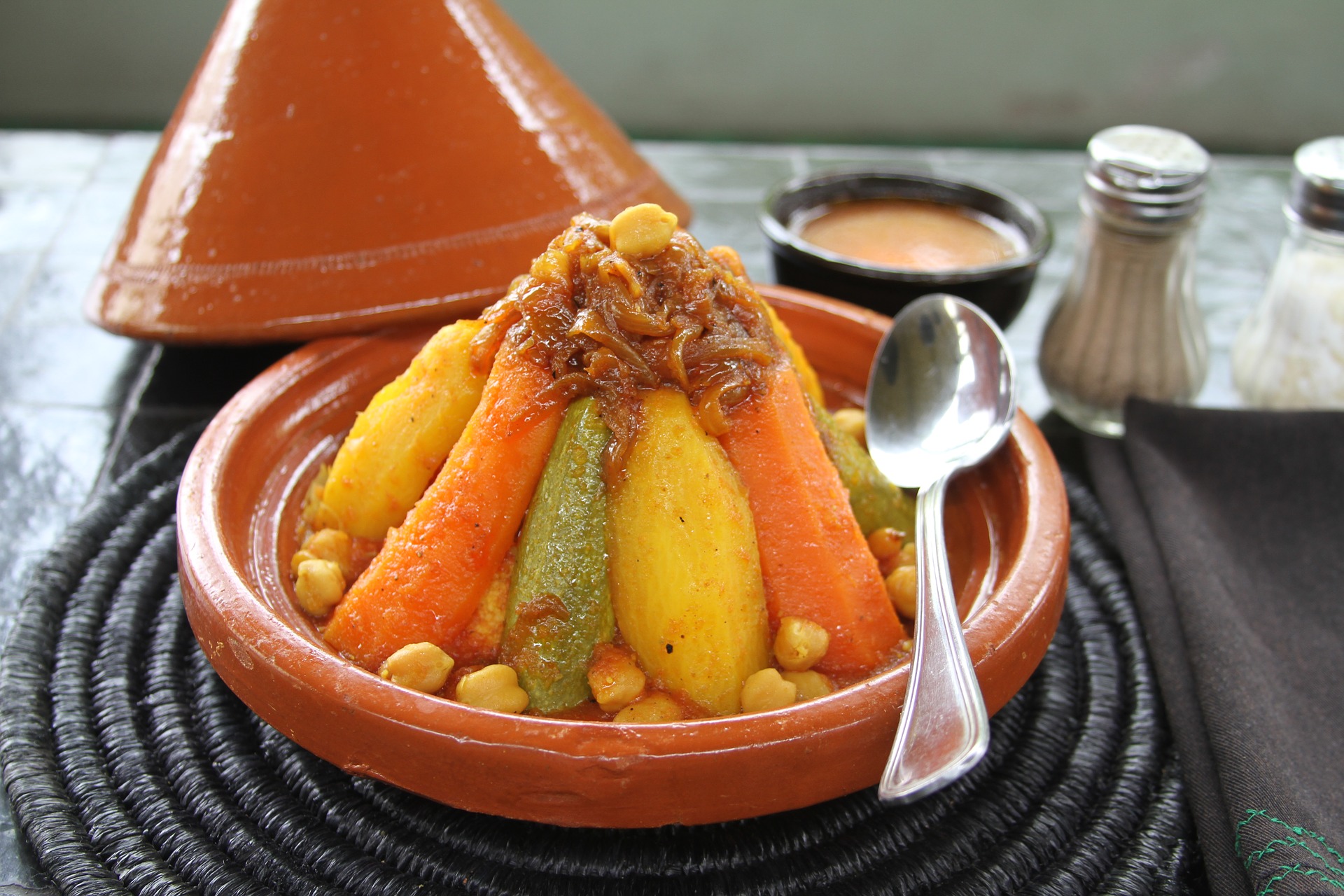
Catering to Children and the non-fasting persons.
The beauty of Islam is that no permissible and necessary act is trivial or goes unrecognized if it’s done with the right intention. Everything has the potential to become and ibadah (worship). The wife and the mother who is lovingly preparing the food for her family so that all of them can fast comfortably will be rewarded by Allah if it’s done to please him. During the day, in addition to juggling other duties and the extra worship in Ramadan, there are also meals to be served for the kids in the house or if there are any elderly / sick people. Plan them accordingly so everyone has a fixed routine and nothing is done at the expense of other.
Noting down a few meal ideas in a meal planner will help to keep the stress off of cooking and buying the groceries.
Prepare ahead.
Less hours in the kitchen are only possible if you have things ready. So yes, make ahead the samosas, fry those onions, cook those meats and freeze them all. Having a few things done before Ramadan and keeping a stash of homemade ready-to-eat meals in the deep freezer may be a great help.
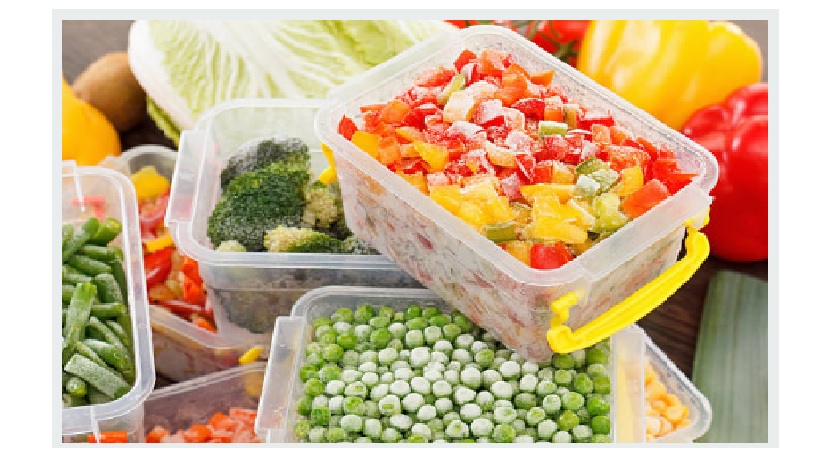
Didn’t find time to prepare before Ramadan began? No problem. Utilize your fasting-exemption days to get a few things ready or enlist the help of friends / family, set aside a day or two and cook up a few things to store so you have minimal work load,
at least in the last ten days if not before.
When in doubt, Eat out.
While homemade is best, give yourself a break once in a while and eat out – or rather order food in! That will save you a ton of time and distractions. And make sure you choose wisely. Minimize wastage and order only sufficient food for the night.
Social Iftaars.
Keep socializing to the minimum. You don’t need to invite every single person you know for a huge buffet spread of iftar. Cut the number of ‘iftaar parties’ you do. And even more so cut the number of dishes you make. Start home and spread the ‘eat less, worship more’ challenge to those around you. Another option, is to send out iftar packs for neighbors and friends instead of inviting people in. That’s sure to get you the reward of feeding a fasting person minus the distraction and extra work of arranging for guests. Wanna hang out? Let’s meat and ketchup during Eid!!
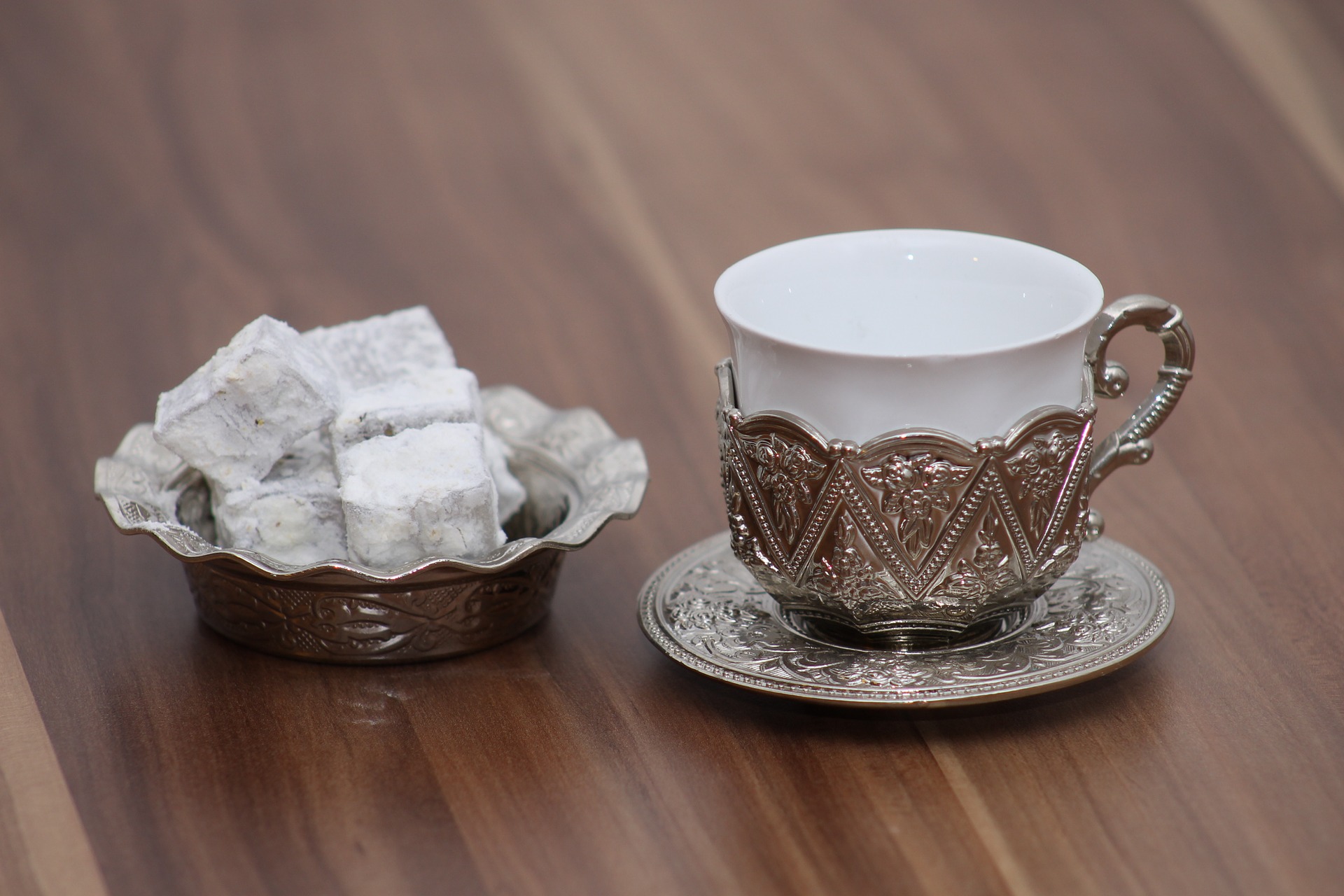
Join hands.
Find cooking difficult while fasting and doing a zillion other things? Once you have lowered the expectation of what should be on the table, you wouldn’t find it overwhelming. To help you stick to your cook less, worship more goals thing Ramadan join hands with family or friends who live nearby. Collaborate over meal prep so each person can divide the food items that needs to be prepared and make it like a community iftar. Remember to keep it simple and unburdened of social niceties. And yes have that occasional fried food. Not ideal, but we know we will make it on most of the days. Let’s try to at least cut down on the quantity and stick to easy recipes this time.
Join me on Instagram @sojourninginlife and @ayshonfood for the #cooklessworshipmore challenge this Ramadan. Let’s keep aside 2 minutes of the day to track the time spent in the kitchen, share our simple iftaars and inspire each other to make the best of this glorious month. May Allah accept it from all of us, forgive our sins, grant us the magnificent gifts of this month and accept the good deeds. Ameen.
Author Bio
Ayesha is a biochemist and nutritionist, working as a research associate. A mum of three little ones with diverse interests, she writes an eclectic blog on Muslim parenting, food, travel, and life in Qatar at Sojourning in Life.
